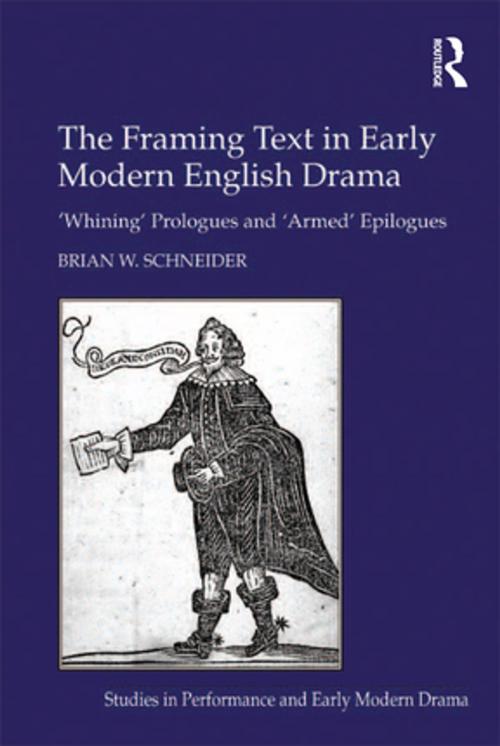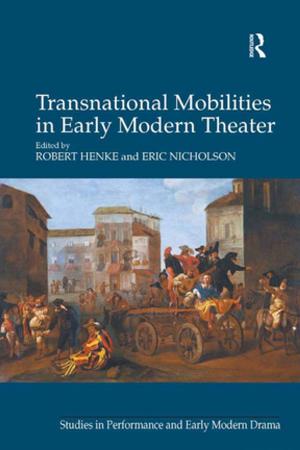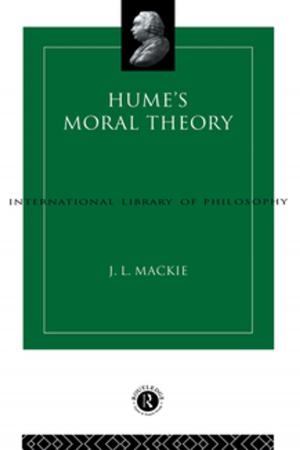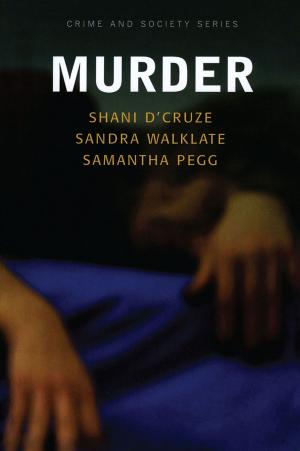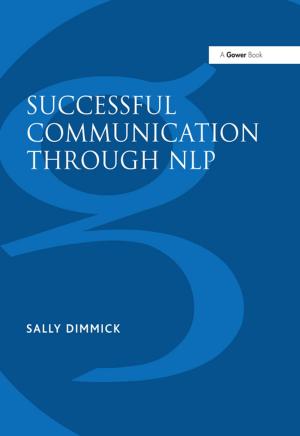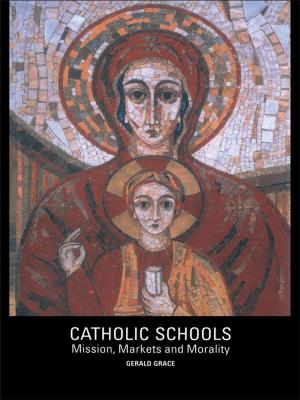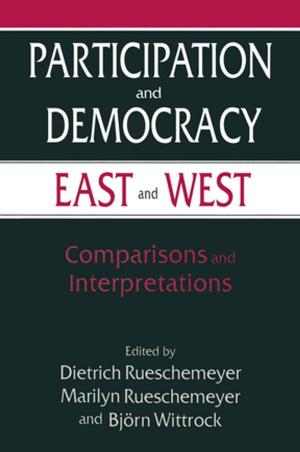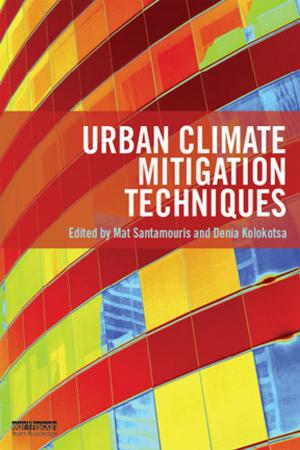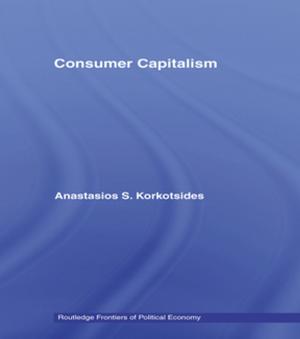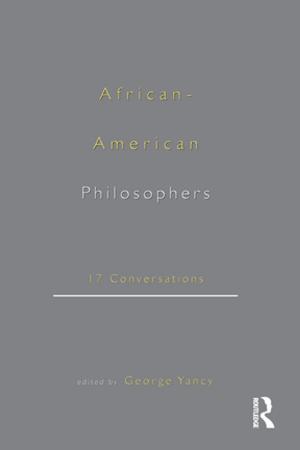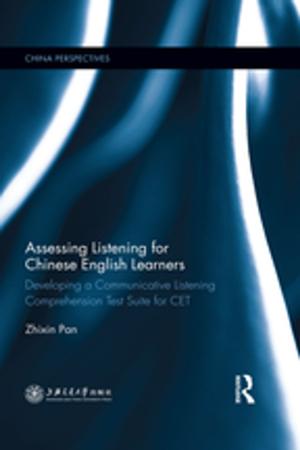The Framing Text in Early Modern English Drama
'Whining' Prologues and 'Armed' Epilogues
Fiction & Literature, Literary Theory & Criticism| Author: | Brian W. Schneider | ISBN: | 9781317031352 |
| Publisher: | Taylor and Francis | Publication: | March 3, 2016 |
| Imprint: | Routledge | Language: | English |
| Author: | Brian W. Schneider |
| ISBN: | 9781317031352 |
| Publisher: | Taylor and Francis |
| Publication: | March 3, 2016 |
| Imprint: | Routledge |
| Language: | English |
Though individual prologues and epilogues have been treated in depth, very little scholarship has been published on early modern framing texts as a whole. The Framing Text in Early Modern English Drama fills a gap in the literature by examining the origins of these texts, and investigating their growing importance and influence in the theatre of the period. This topic-led discussion of prologues and epilogues deals with the origins of these texts, the difficulty of definition, and the way in which many prologues and epilogues appear to interact on such subjects as the composition of the theatre audience and the perceived place of women in such an audience. Author Brian Schneider also examines the reasons for, and the evidence leading to, the apparently sudden burgeoning of these texts after the Restoration, when prologues and epilogues grace nearly all the dramas of the time and become a virtual cottage industry of their own. The second section-a comprehensive list of prologues and epilogues-details play titles, playwrights, theatres and theatre companies, first performance and the earliest edition in which the framing text(s) appears. It quotes the first line of the prologue and/or epilogue and uses the printer's signature to denote the page on which the texts can be found. Further information is provided in notes appended to the relevant entry. A final section deals with 'free-floating' and 'free-standing' framing texts that appear in verse collections, manuscripts, and other publications and to which no play can be positively ascribed. Combining original analysis with carefully compiled, comprehensive reference data, The Framing Text in Early Modern English Drama provides a genuinely new angle on the drama of early modern England.
Though individual prologues and epilogues have been treated in depth, very little scholarship has been published on early modern framing texts as a whole. The Framing Text in Early Modern English Drama fills a gap in the literature by examining the origins of these texts, and investigating their growing importance and influence in the theatre of the period. This topic-led discussion of prologues and epilogues deals with the origins of these texts, the difficulty of definition, and the way in which many prologues and epilogues appear to interact on such subjects as the composition of the theatre audience and the perceived place of women in such an audience. Author Brian Schneider also examines the reasons for, and the evidence leading to, the apparently sudden burgeoning of these texts after the Restoration, when prologues and epilogues grace nearly all the dramas of the time and become a virtual cottage industry of their own. The second section-a comprehensive list of prologues and epilogues-details play titles, playwrights, theatres and theatre companies, first performance and the earliest edition in which the framing text(s) appears. It quotes the first line of the prologue and/or epilogue and uses the printer's signature to denote the page on which the texts can be found. Further information is provided in notes appended to the relevant entry. A final section deals with 'free-floating' and 'free-standing' framing texts that appear in verse collections, manuscripts, and other publications and to which no play can be positively ascribed. Combining original analysis with carefully compiled, comprehensive reference data, The Framing Text in Early Modern English Drama provides a genuinely new angle on the drama of early modern England.
